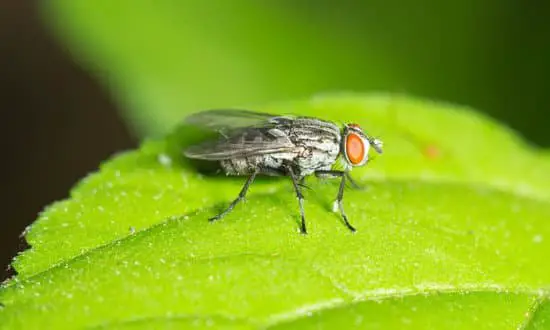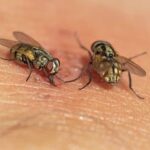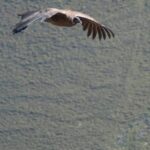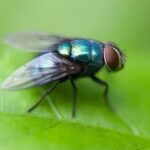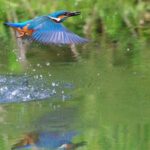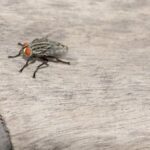Can House Flies Get Drunk?
Flies have been found to drink alcohol, but not necessarily in a dangerous way. The substance, ethanol, is highly attractive to flies, which makes them prone to consuming it on impulse. They also show signs of intoxication, such as bumbling around and bumping into walls. In addition, flies who become drunk exhibit signs of promiscuity, especially with other males. Although the brains of humans and flies are quite different, there are many similarities between their processes.
In an experiment with fruit flies, researchers mixed alcohol with their food to assess its effects. The flies became more active after eating alcohol-laced food, whereas non-alcoholic food had no effect on them. Fruit flies also developed a tolerance to alcohol, and continued drinking despite the negative effects. When researchers removed the alcohol from the food, flies began to experience withdrawal symptoms. These symptoms include falling over and bumping into walls, as well as difficulty climbing and navigating.
House flies defecate regularly, and they defecate every time they land. They also feed on organic matter, and they tend to land on people. In fact, they’re sometimes called ‘government flies’ because they control forest tent caterpillars. Nevertheless, you can never guarantee whether a fly will become drunk.
If you want to learn more about how alcohol affects flies, you can read a study by Ulrike Heberlein. She studied the alcohol reactions of fruit flies and found that the insects had similar behaviors to people who were drunk. They become uncoordinated, indifferent to their surroundings, and often hit walls and each other. They also become sedated, which is the result of an increase in ethanol levels.
